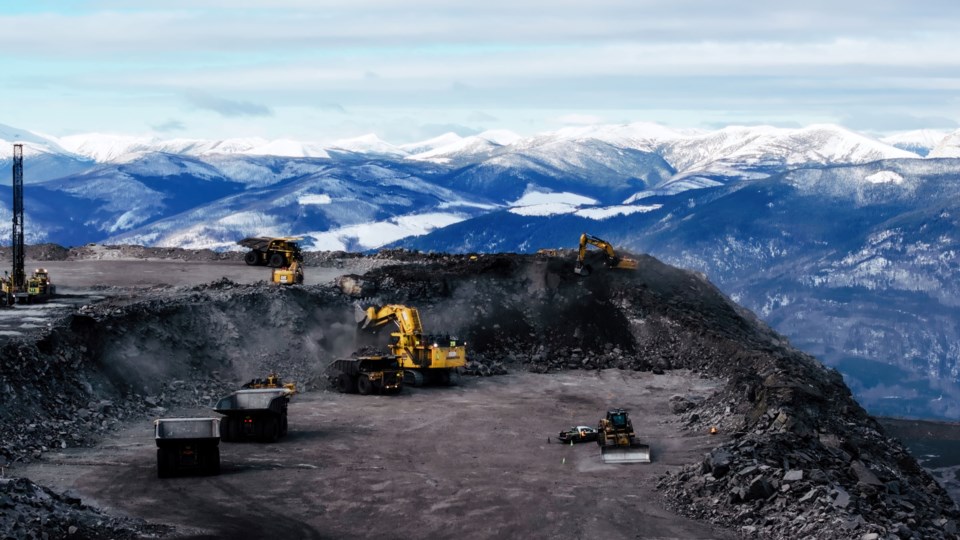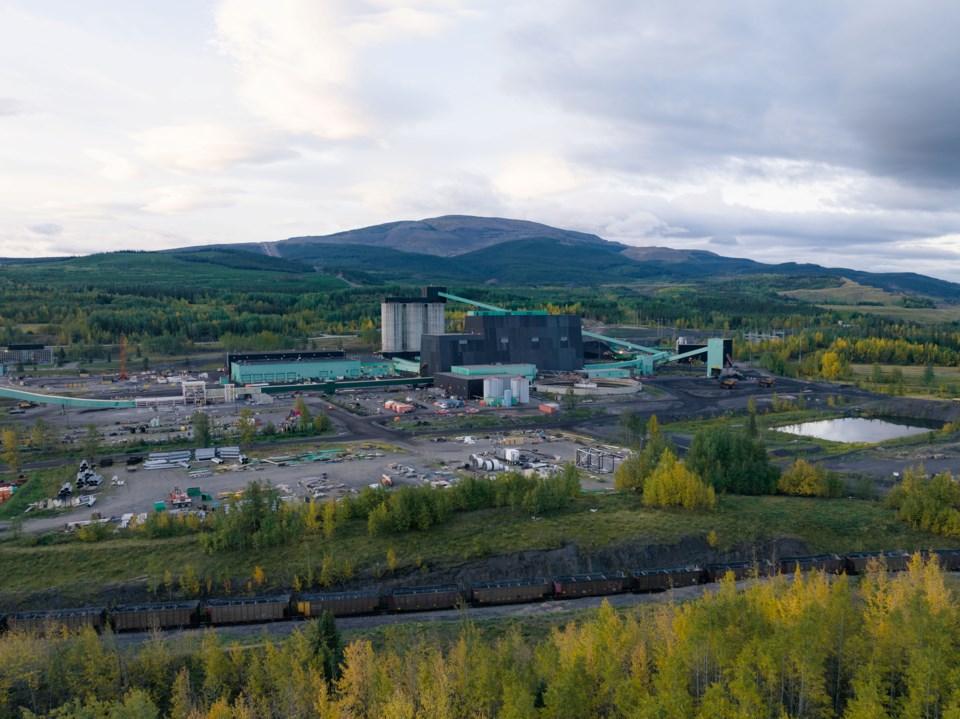In 2016, following the closure of three steelmaking coal mines in the southern Peace region two years earlier, the unemployment rate of Tumbler Ridge—a town built on coal mining—was reported at 23 per cent.
Three mines owned by Walter Energy in the region—Brule, Wolverine and Willow Creek—were abruptly shut down in 2014, after steelmaking coal prices collapsed, putting 1,000 miners from Tumbler Ridge, Chetwynd and other nearby towns in the region out of work, and pushing Walter Energy into bankruptcy.
“A lot of people really struggled,” said Jerrilyn Kirk, manager of the Tumbler Ridge Chamber of Commerce. “We had a glut of houses that were sitting empty in the last several years.”
The town’s population has since grown 20 per cent, from just under 2,000 in 2016 to about 2,400 in 2021, thanks in no small part to the privately owned mining company Conuma Resources restarting those mines.
The company bought the three idled mines from Walter Energy in 2016, re-opened them one by one—Brule in 2016, Wolverine in 2017 and Willow Creek in 2020—and put 1,000 miners in the region back to work.
Coal mining is the region’s most-important anchor industry. Indeed, Tumbler Ridge didn’t exist before it was created in the 1980s to support a new coal mining industry, which has become a major employer for Tumbler Ridge, the region and First Nations in the area.
“Our payroll is somewhere between $250 and $300 million a year, so we’ve got a fairly significant economic engine in Northeast B.C.,” Conuma CEO Brian Sullivan told BIV.
Roughly 15 per cent of the company’s workforce identify as First Nation, Sullivan said, and about $110 million of the company’s spending in 2023 was with First Nations-owned or affiliated businesses.
The restarting of mines was not only important for Tumber Ridge and Chetwynd, but it also threw a lifeline to the town of Mackenzie, which suffered a similar blow to Tumbler Ridge when its pulp mill shut down in 2020.
Conuma provides a shuttle service to bring workers from Mackenzie to its mines south of Tumbler Ridge.
“They really stepped in when the mill shut down in Mackenzie,” Kirk said. “There was a lot of unemployment there as well.”
Last year, Conuma began winding down mining operations at the Brule and Wolverine mines, as their minable deposits became exhausted. Production from those mines is being replaced with the restart of two other idled mines in the region, including the Quintette mine, which Conuma bought from Teck Resources for $125 million in 2023, and which had been in care and maintenance for more than two decades.
Two weeks ago, Conuma closed on a deal to acquire another idled mine in the region—Peace River Coal—from Anglo American. Those operations include the Trend and Roman mine deposits.
“When we ended operations at Wolverine, the plan had, all along, been to move most of those employees over to Quintette because it’s very close by,” Sullivan said. “There were a few people that were displaced as a result of the mine closure at Wolverine and similarly Brule, but we made every effort to transfer employees to either Quintette or to Willow Creek.”

Conuma’s acquisition of Peace River Coal has the support of Treaty 8 First Nations in the region: The West Moberly and Saulteau First Nations. As part of the sale agreement, Conuma will inherit a caribou recovery project that Anglo American developed in partnership with both nations—a project that includes the relinquishment of some coal tenures.
Sullivan said the company will be submitting an application to restart Peace River Coal to replace the production lost from the Brule mine. He said he hopes to see operations restarted in mid-to-late 2026.
Quintette and Peace River Coal (PRC) still have decades of mineable coal reserves, Sullivan said.
“One of the important parts of the Quintette and PRC acquisitions for us is that they have large reserve bases, so there are decades of mining in front of us,” Sullivan said. “The reserves are generally the type that are lower cost than we have been mining in the past. So Quintette and PRC both are better properties, from a cost profile, than Wolverine or Willow Creek would have been historically.”
The coal mined by Conuma in B.C. is metallurgical coal, critical for making steel, as opposed to thermal coal, which is burned to make power.
All of the coal mined in the area goes to Prince Rupert by rail and is exported mainly to Asia through Trigon Pacific Terminals. Conuma’s main buyers are in Japan, South Korea, China, India, Malaysia and Vietnam, although small amounts of coal also go to Brazil and Europe.
While Conuma has no direct exposure to the U.S. market for its coal exports, U.S. tariffs on steel from China could indirectly result in some market disruptions.
The biggest worry Conuma has, with respect to tariffs, is the inflationary effect they would have on inputs such as fuel and machinery.
“The overall inflationary impacts are what concern me immediately more than the just the sale of coal cross-border,” Sullivan said. “Many of our adjacent industries are directly impacted by the tariffs and a lot of our vendors.”



